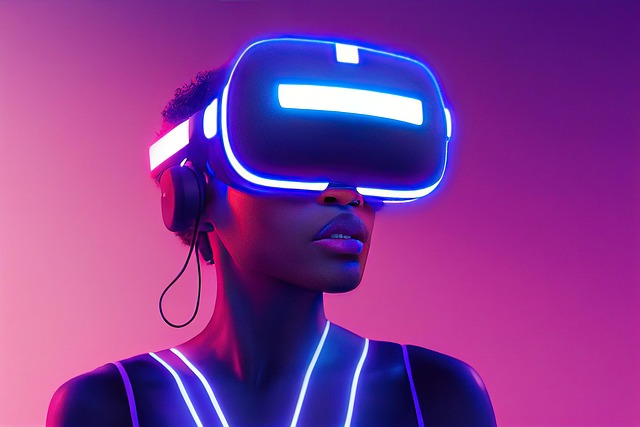The landscape of education is undergoing a revolutionary transformation, driven by the rise of immersive technologies such as virtual reality (VR) and augmented reality (AR). In this vibrant digital ecosystem, a new breed of educators is emerging—immersive teachers. These pioneers are not just standing at the front of the classroom; they are diving into the metaverse, creating engaging and interactive learning experiences that transcend the limitations of traditional education.
Imagine stepping into a classroom where a historical event unfolds around you. With the aid of VR, students can transport themselves to ancient civilizations, witnessing the construction of the pyramids or experiencing the bustling marketplaces of Rome. This is not merely a fantasy; it is the reality that immersive teachers are creating in the metaverse. By harnessing the power of VR, education evolves from passive learning to active exploration, empowering students to engage with content in ways that were once unimaginable.
Moreover, the potential of augmented reality (AR) is equally transformative. Consider a biology lesson focused on human anatomy. An immersive teacher can utilize AR to project a 3D model of the human body, allowing students to interact with organs, systems, and processes like never before. As they explore this virtual model, they can visualize complex concepts and gain a deeper understanding of their own biological makeup. This hands-on approach not only fosters curiosity but also enriches the educational experience, making learning both enjoyable and effective.
The metaverse serves as a limitless canvas for immersive teachers. Here, they can create tailored learning environments that respond to individual student needs. In these dynamic settings, lessons can adapt in real-time, catering to various learning styles and paces. Whether it’s a quiet, focused nook for a thoughtful learner or a vibrant, collaborative space for group projects, the possibilities are boundless. Immersive teachers are not just instructors; they are facilitators of a journey, guiding students through a world where learning is a shared adventure.
Furthermore, the social aspect of the metaverse allows for collaborative learning experiences that connect students from different parts of the globe. Imagine students from diverse backgrounds, working together on a science project in a virtual lab, brainstorming ideas and innovating in ways that break down geographical barriers. Immersive teachers can orchestrate these global interactions, promoting cultural exchange and teaching students the invaluable skills of teamwork and communication in a diverse world.
In the realm of the metaverse, immersive teachers are reimagining the role of education. They are trailblazers, unlocking the potential of virtual and augmented realities to foster a more engaging, collaborative, and personalized learning environment. With their innovative approaches, they not only inspire students but also lay the groundwork for a new generation of lifelong learners ready to navigate an increasingly complex world.




